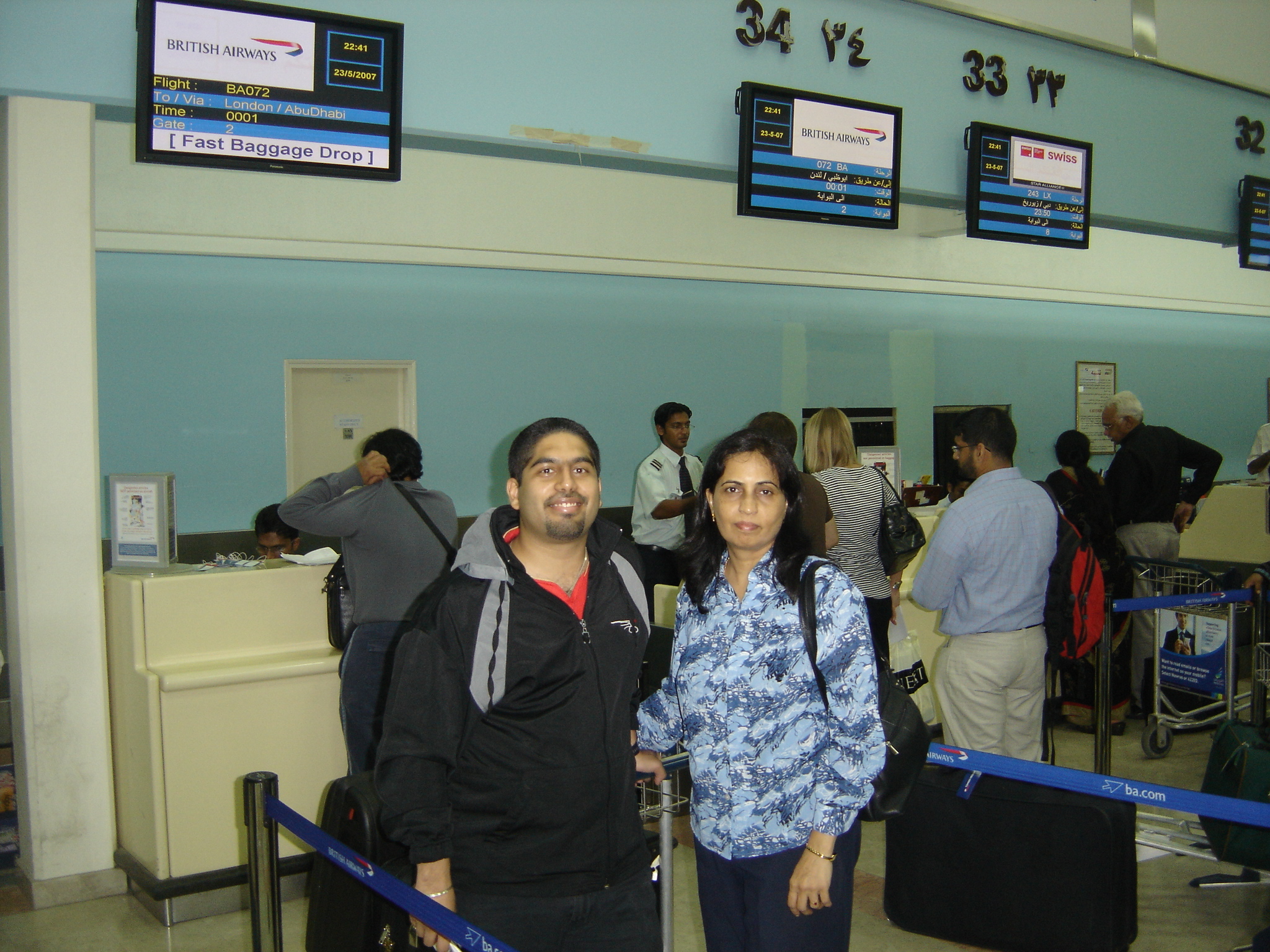When Roger Federer stepped onto Centre Court on Tuesday 30 June 2015, it marked his 63rd consecutive Grand Slam singles appearance, a record-breaking streak (for men and women) dating back to the 2000 Australian Open. If it wasn't for his losses as a qualifier in the preceding US and Australian Opens of 1999, he might easily have been playing his 67th consecutive Grand Slam tournament. Trailing him in second-place are Japan's Ai Sugiyama for the women with 62 and South Africa's Wayne Ferreira for the men on 56. Sugiyama and Ferreira never reached a Grand Slam final. In fact of all the players (men and women) who have made at least 45 consecutive appearances, only one other has played in more than two Grand Slam finals: the Swede Stefan Edberg, rather fittingly Federer's present-day coach.
On top of this injury-free consistency, can be added a record 17 Grand Slam titles (for men), a record 26 Grand Slam finals, a record 37 Grand Slam semi-finals and a record 45 Grand Slam quarter-finals. He also became the first man to reign supreme at the top of the rankings for more than 300 weeks, that included a record (for men and women) 237 consecutive weeks between February 2004 and August 2008. Even Novak Djokovic, with 154 weeks and who has dominated the men's game for the past four years, trails Federer by 148 weeks overall as world number one. While Rafael Nadal was number one for 141 weeks.
Supplant onto these: the record 10 consecutive Grand Slam final appearances between 2005 and 2007, followed by the second-best 8 consecutive appearances between 2008 and 2010 (Nadal is third-best with 5 consecutive finals); the 23 consecutive Grand Slam semi-final appearances (Djokovic is second-best with 14); the 36 consecutive quarter-final appearances (Djokovic again second-best with 25, and counting); the first man to appear at least 5 times in each Grand Slam final (the next best is 3); one of four men in the Open Era to achieve the career Grand Slam (along with Rod Laver, Andre Agassi and Nadal); an Olympic singles silver-medalist and doubles gold-medalist; 86 ATP Tour titles, surpassed only by Jimmy Connors (105) and Ivan Lendl (94); 131 ATP tournament finals (surpased again only by Connors and Lendl); the only man to win at least one ATP Tour title for 15 consecutive years (one ahead of Lendl, two ahead of Connors). And you get the picture.
As if that wasn't enough, he has won the most prize money in the history of the sport (although Djokovic should surpass him soon enough), earned the most through endorsements (which few will ever surpass), is by far the most popular player in the world, is multi-lingual, has a beautiful supportive wife and two(!) sets of twins. All this before turning 34. And yet, when Federer stepped onto court yesterday afternoon to play Britain's Andy Murray for the umpteenth time, he delivered a performance that was at once clinical and majestic. One for the Gods to savour, and the mere mortals amongst us to cherish for all-time.
Many others have
written more eloquently about the
aesthetic pleasure derived from
watching the Swiss maestro in action, so let me end simply by saying, we are privileged to be living through a period when two of the greatest players ever to wield a racquet (Federer and Serena Williams) are still willing to put themselves through the grinder, in order to satisfy their own love for the game - and by extension, ours. Long may this continue!









